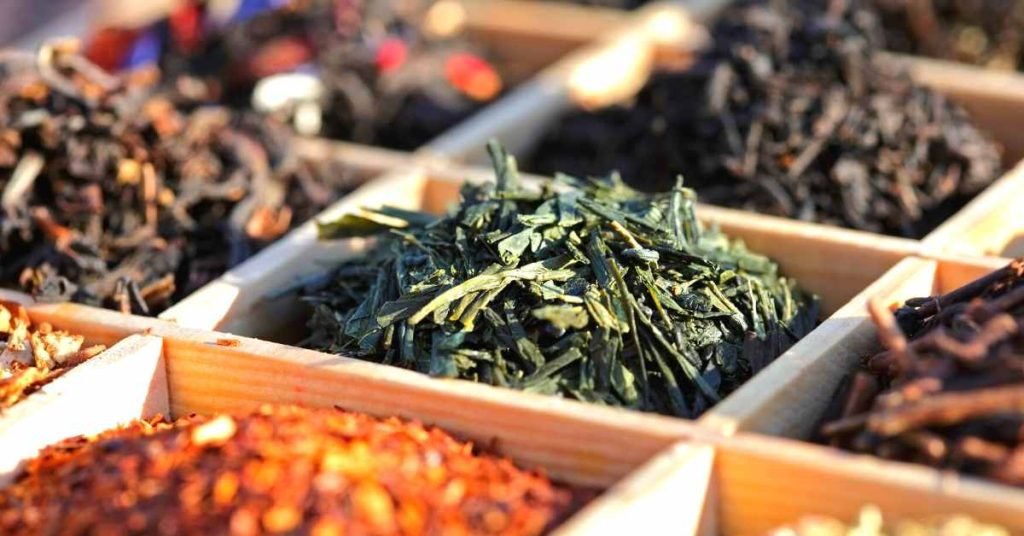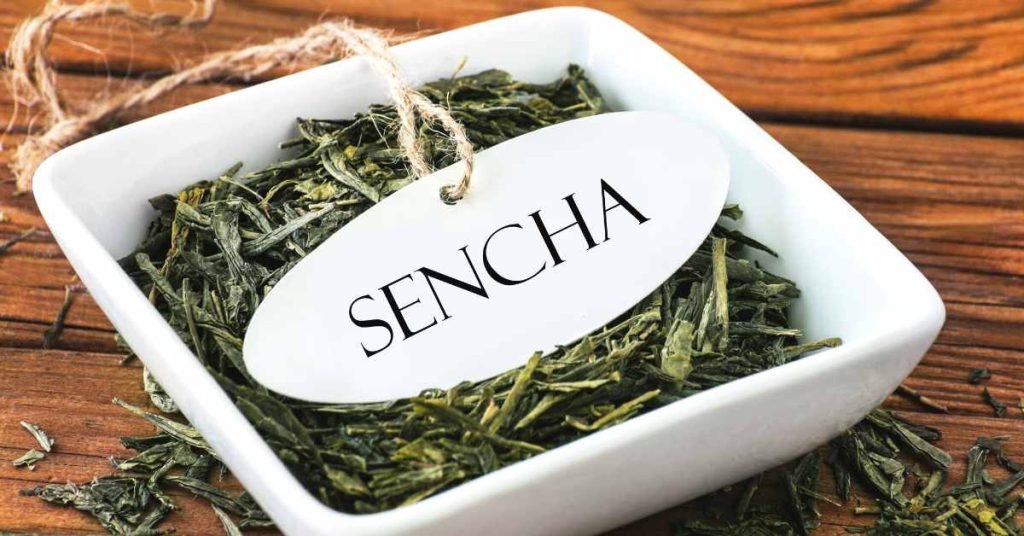Sencha tea is a type of Japanese green tea that is known for its delicate, grassy flavor and refreshing taste.
Here, we will provide you with more detailed information about Sencha tea, including its history, production process, flavor profile, health benefits, and brewing techniques.
History of Sencha Tea

Sencha tea has been consumed in Japan for centuries, with records dating back to the 8th century.
The tea is believed to have originated in the Kyushu region, but it gained popularity in the Kyoto area during the 17th century.
Today, sencha tea is one of the most widely consumed teas in Japan, and it is also exported to other countries.
Production Process
Sencha tea is made from the Camellia sinensis plant, which is grown in Japan. The leaves are harvested in the spring and early summer, and they are processed immediately to prevent oxidation.
The leaves are steamed, rolled, and dried to create the characteristic shape and flavor of sencha tea. The leaves are then sorted and packaged for sale.
Flavor Profile
Sencha tea has a bright, fresh flavor with a fine sweetness and a grassy, vegetal taste.

The tea can have a slight astringency, depending on the quality and brewing method. The aroma is floral and vegetal, with a hint of seaweed.
This tea is known for its unique and delicate flavor profile, which is characterized by a fresh, grassy taste with a hint of sweetness and a slight astringency.
The flavor of sencha tea can change depending on the quality of the tea leaves, the region where they were grown, and the brewing technique used.
The aroma of sencha tea is typically floral and vegetal, with a hint of seaweed. The tea leaves have a deep green color and a glossy appearance, which is a sign of their high quality.
When brewed, sencha tea has a bright, light green color that is clear and translucent. The flavor is fresh and lively, with a subtle sweetness that is balanced by a hint of bitterness and astringency.
The grassy notes of the tea are complemented by a slight umami flavor that is reminiscent of seaweed or steamed vegetables.
The flavor of sencha tea can be influenced by a variety of factors, including the season in which the leaves were harvested, the altitude at which they were grown, and the amount of sunlight and rainfall the tea plants received.

Additionally, the flavor can be affected by the way the tea leaves were processed, including the amount of steaming, rolling, and drying they underwent.
High-quality sencha tea is prized for its complex flavor profile, which can be described as delicate, nuanced, and refreshing. The tea is often enjoyed on its own or paired with light snacks and meals, such as sushi, rice dishes, and salads.
Overall, the flavor of sencha tea is a unique and complex combination of fresh, grassy notes, subtle sweetness, and slight bitterness and astringency, with a hint of umami that adds depth and complexity to the flavor profile.
Health Benefits
Sencha tea is rich in antioxidants, which can help protect the body against damage from free radicals. The tea also contains caffeine, which can provide a mild energy boost.
Studies have shown that drinking Sencha tea regularly may help reduce the risk of certain diseases, including heart disease, stroke, and certain types of cancer.
Additionally, sencha tea may help improve mental alertness and promote relaxation.
Brewing Techniques

To brew sencha tea, you will need to use water that is around 70-80°C (158-176°F). Place the loose leaves in a teapot or infuser and pour the hot water over the leaves.
Steep the tea for 1-2 minutes, then strain the leaves and pour the tea into a cup. Sencha tea can be brewed multiple times, with each subsequent steeping producing a slightly different flavor profile.
Overall, sencha tea is a delicious and healthful beverage that is enjoyed by tea enthusiasts around the world.
We recommend trying a high-quality Sencha tea to experience its unique flavor and benefits for yourself.
Medical Disclaimer
Itsnevernotteatime.com cannot and does not contain medical/health advice. The medical/health information is provided for general and educational purposes only and is not a substitute for professional advice.
Statements made on this website regarding the herbal and natural products offered on this website have not been evaluated by the food and drug administration as the FDA does not evaluate or test herbs. This information has not been evaluated by the US Food and Drug Administration, nor has it gone through the rigorous double-blind studies required before a particular product can be deemed truly beneficial or potentially dangerous and prescribed in the treatment of any condition or disease.
It is not meant to substitute for medical advice or diagnosis provided by your physician or other medical professionals. Do not use this information to diagnose, treat or cure any illness or health condition.
Accordingly, before taking any actions based upon such information, we encourage you to consult with the appropriate professionals. We do not provide any kind of medical/health advice. The use or reliance of any information contained on this site is solely at your own risk.
Please visit this FDA website to clear any confusions you have about food and dietary products and their ingredients:
Please visit this FDA website to clear any confusions you have about food and dietary products and their ingredients: https://www.fda.gov/Food/DietarySupplements/default.htm
MEDICAL DISCLAIMER
Itsnevernotteatime.com cannot and does not contain medical/health advice. The medical/health information is provided for general and educational purposes only and is not a substitute for professional advice.




